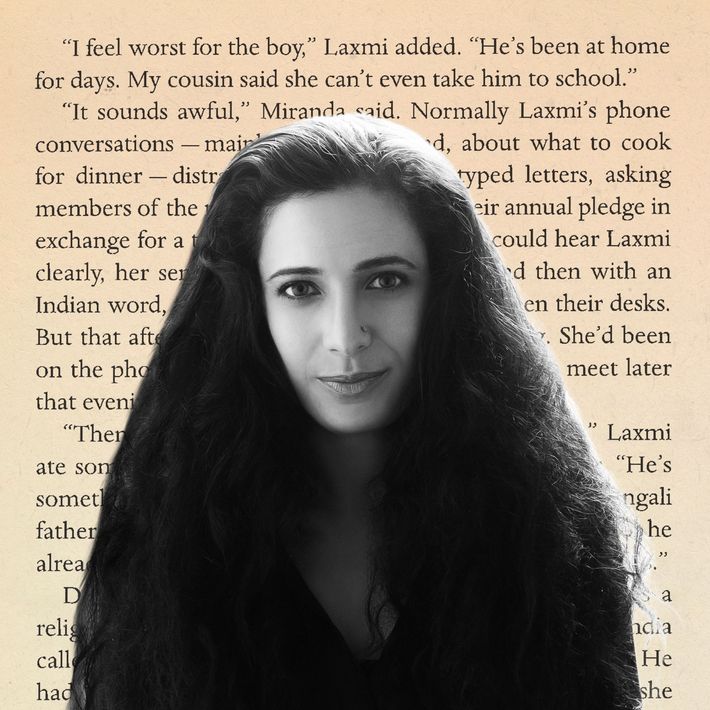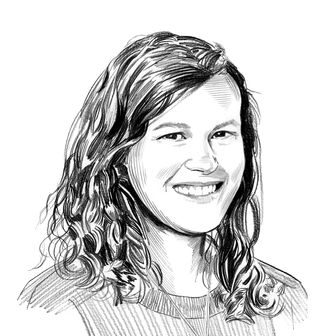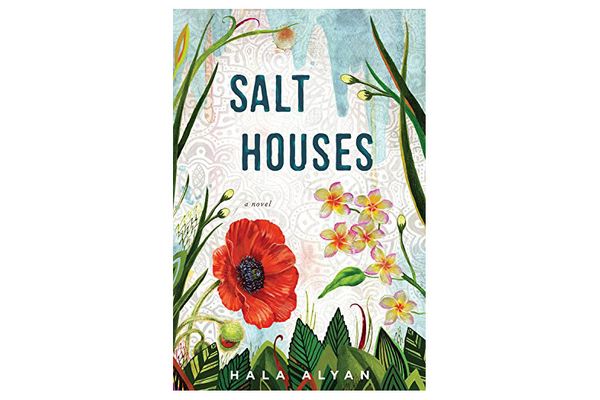

In Reading Women, the Cut talks to women who interest us about the books by women that transformed the way they think.
I first came across Jhumpa Lahiri’s Interpreter of Maladies when I was 14 or so. I had just moved to Lebanon, after having lived briefly in the United Arab Emirates, after having lived in Maine and Oklahoma and Texas and Kuwait, so I was in a pretty vulnerable place in terms of understanding my identity and where I belonged. My accent was different from everybody else’s, and I was very discombobulated. Was I American? Was I Arab?
Interpreter of Maladies is populated with diverse, multigenerational characters and immigrants, and it spoke to the diaspora that I felt, and the intergenerational divide that comes with immigration. I can still remember viscerally not wanting to put that book down. It was the first time I’d been exposed to writing that could be so incredibly poignant and evocative and sentient while still being so elegant and spare. I felt this spark of recognition at the way certain smells were described, or certain attractions between people of different generations, and the encounters between the white characters and the characters of color. A lot of the stories contend with the idea of home, and what it means to have a home, to leave a home, to try to rebuild a home — either literally in cities, or through finding other people in their lives. That was something that really resonated with me at the time. It normalized a lot of the things I kind of understood to be true, but hadn’t really seen reflected in the literature I’d read up until that point.
If you buy something through our links, New York may earn an affiliate commission.




